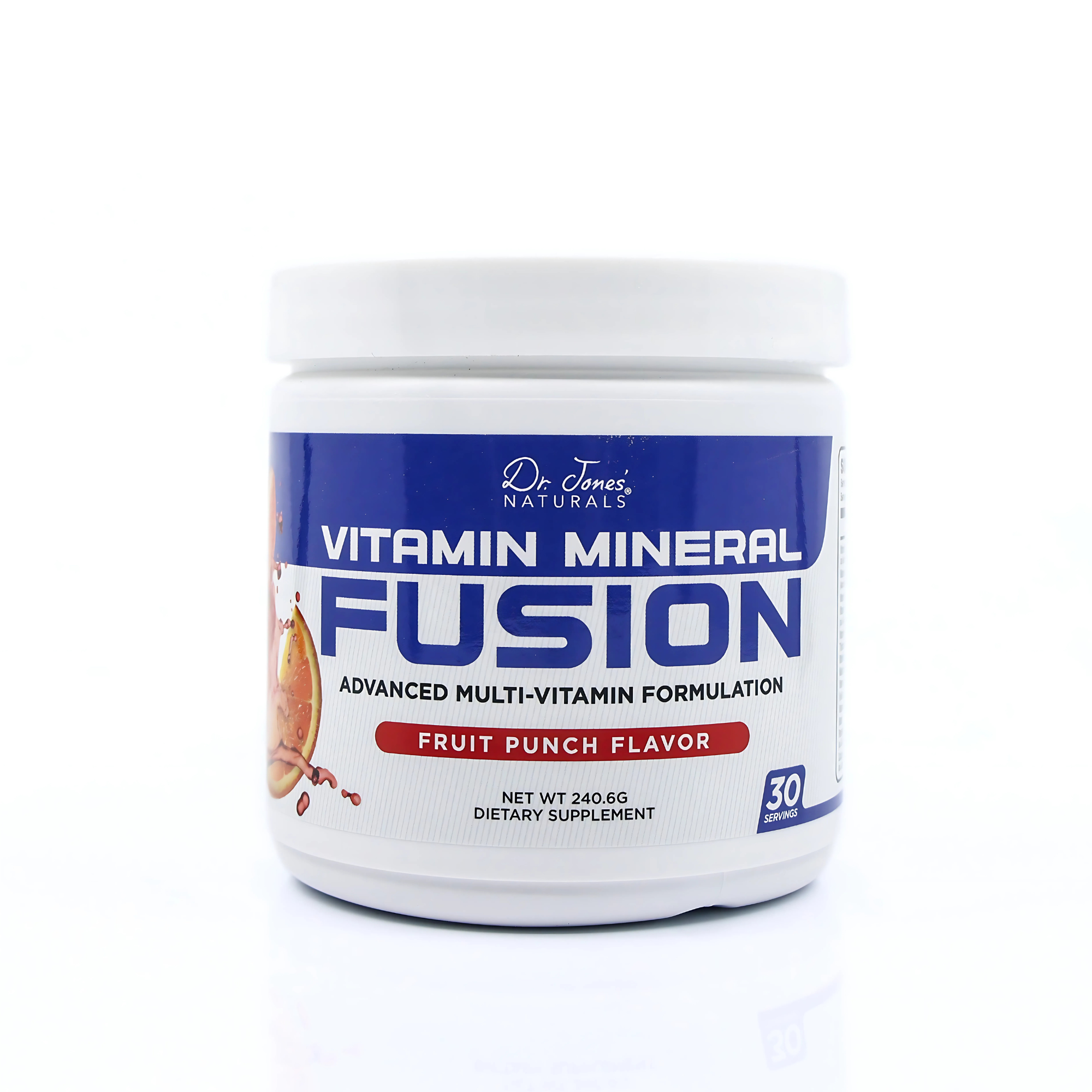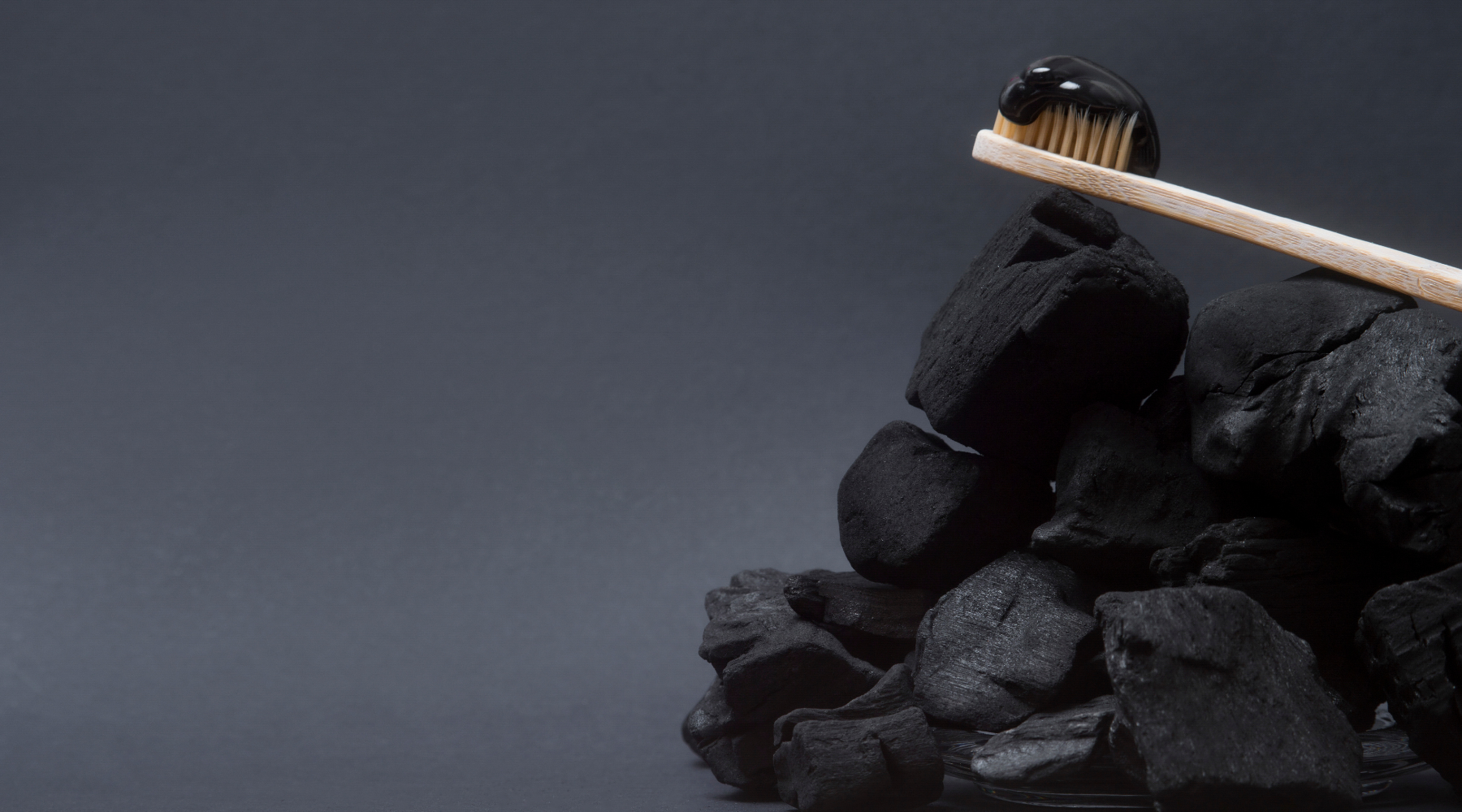In the ever-evolving landscape of natural remedies and health trends, activated charcoal has emerged as a popular ingredient, particularly in the domain of dental care. Its unique properties have sparked curiosity and interest among individuals seeking natural solutions for a brighter, healthier smile. But what exactly is activated charcoal, and how does it work? This comprehensive guide delves into the world of activated charcoal, uncovering the science behind its use, exploring its potential impact on dental health, and addressing common questions.
Activated charcoal is a fine black powder derived from various sources like wood, coconut shells, or bamboo. Unlike the charcoal you might use for grilling, it undergoes a special process called activation, which increases its surface area and pore volume. This process makes the charcoal highly porous, allowing it to bind to and absorb various substances, including toxins, impurities, and even gases. This exceptional ability to adsorb (not absorb) makes activated charcoal a versatile substance with applications across diverse fields, from medicine to environmental remediation.
The Rise of Activated Charcoal
The use of activated charcoal for dental health is a relatively recent phenomenon, fueled by its purported ability to whiten teeth, freshen breath, and potentially even improve gum health. However, it's crucial to approach this topic with a balanced perspective, understanding both the potential benefits and the important considerations associated with its use.
How Activated Charcoal Could Transform Your Oral Care Routine
Here's a closer look at the potential benefits of activated charcoal for dental health:
1. Teeth Whitening:
Activated charcoal's ability to adsorb substances extends to pigments and stains that can accumulate on teeth. By gently rubbing activated charcoal toothpaste or powder onto your teeth, you might notice a reduction in surface stains, contributing to a brighter smile. However, it's important to note that activated charcoal is not a bleaching agent, and its whitening effects may be more subtle than professional teeth whitening treatments. Its effectiveness may vary depending on the type and severity of stains.
2. Breath Freshening:
Activated charcoal can adsorb odor-causing compounds in the mouth, helping to neutralize bad breath. This can be particularly beneficial for individuals who struggle with halitosis or experience temporary bad breath after consuming certain foods or beverages. Activated charcoal's ability to bind to volatile sulfur compounds, often responsible for bad breath, can help with cleaner, fresher breath.
3. Plaque and Bacteria Reduction:
Activated charcoal's absorbent properties can bind to bacteria and plaque in the mouth, potentially reducing their accumulation. While further research is needed to definitively establish its effectiveness in combating plaque and bacteria, early studies suggest that it may play a role in promoting a healthier oral environment. This potential reduction in plaque and bacteria could contribute to improved oral health overall.
4. Gum Health:
Some studies suggest that activated charcoal may have a positive impact on gum health. Its ability to absorb toxins and bacteria might contribute to reducing gum inflammation and promoting healthy gums. However, more research is needed to confirm these findings, and it's crucial to remember that activated charcoal should not be considered a substitute for proper dental care, including regular brushing, flossing, and professional dental cleanings.
A New Approach to Dental Wellness
If you're interested in incorporating activated charcoal into your dental routine, Dr Jones' Naturals has some of the best options available to consider:
Activated Charcoal Toothpaste:
Our Activated Charcoal Toothpaste is specifically formulated for dental use. It contains natural activated charcoal, along with other ingredients that promote healthy teeth and gums.
This toothpaste is free from harsh chemicals and abrasives, making it gentle on tooth enamel. It is formulated by Dr. Jones, DDS, and offers a gentle cleaning formula that aims to remove stains and freshen breath. The inclusion of natural ingredients like activated charcoal can help you achieve a brighter smile without relying on harsh chemicals often found in conventional toothpastes.
Activated Charcoal Mouthwash:
Our Activated Charcoal Mouthwash is a natural, fluoride-free option for a refreshing and clean mouth.
Formulated by Dr. Jones, DDS, this mouthwash is designed for everyday use and aims to cleanse the entire mouth, even hard-to-reach areas. It leaves a naturally fresh and clean feeling. The combination of activated charcoal and natural essential oils like peppermint and thyme can create a refreshing and invigorating oral experience.
Important Considerations When Using Activated Charcoal
While activated charcoal holds promise for improving dental health, it's crucial to use it with caution and awareness. Here are some important considerations:
1. Potential Side Effects:
While activated charcoal is generally considered safe for topical use, some individuals may experience mild side effects, such as temporary black staining of teeth or gums, or a gritty sensation in the mouth. These side effects are usually temporary and tend to subside after rinsing or brushing. If you experience any persistent discomfort or allergic reactions, discontinue use and consult your dentist. Always be mindful of your body's response to new products, and seek professional guidance if necessary.
2. Don't Overdo It:
It's essential to avoid overusing activated charcoal products. Using them excessively could potentially damage tooth enamel or irritate the gums. Adhere to the recommended usage instructions provided on the product label. Balance is key, and moderation is crucial when incorporating new elements into your oral care routine.
3. Consult Your Dentist:
If you have any underlying dental conditions, such as tooth sensitivity, gum disease, or dental fillings, consult your dentist before incorporating activated charcoal into your oral hygiene routine. They can advise you on the appropriate products and usage methods based on your individual needs. Always prioritize professional guidance when it comes to your dental health.
4. Not a Substitute for Regular Oral Hygiene:
It's important to remember that activated charcoal products are not a substitute for brushing, flossing, and regular dental checkups. They should be used as a complementary addition to a comprehensive oral hygiene routine. Activated charcoal can be a helpful supplement, but it should never replace the fundamental practices of good oral hygiene.
Elevate Your Dental Health
Activated charcoal's impact on dental health are an exciting area of exploration. However, it's essential to use activated charcoal products responsibly, following proper usage instructions and seeking professional dental advice if you have any concerns. By incorporating activated charcoal as part of a balanced dental care routine, you can unlock a brighter, healthier smile and enjoy a significant boost in your daily dental care.







